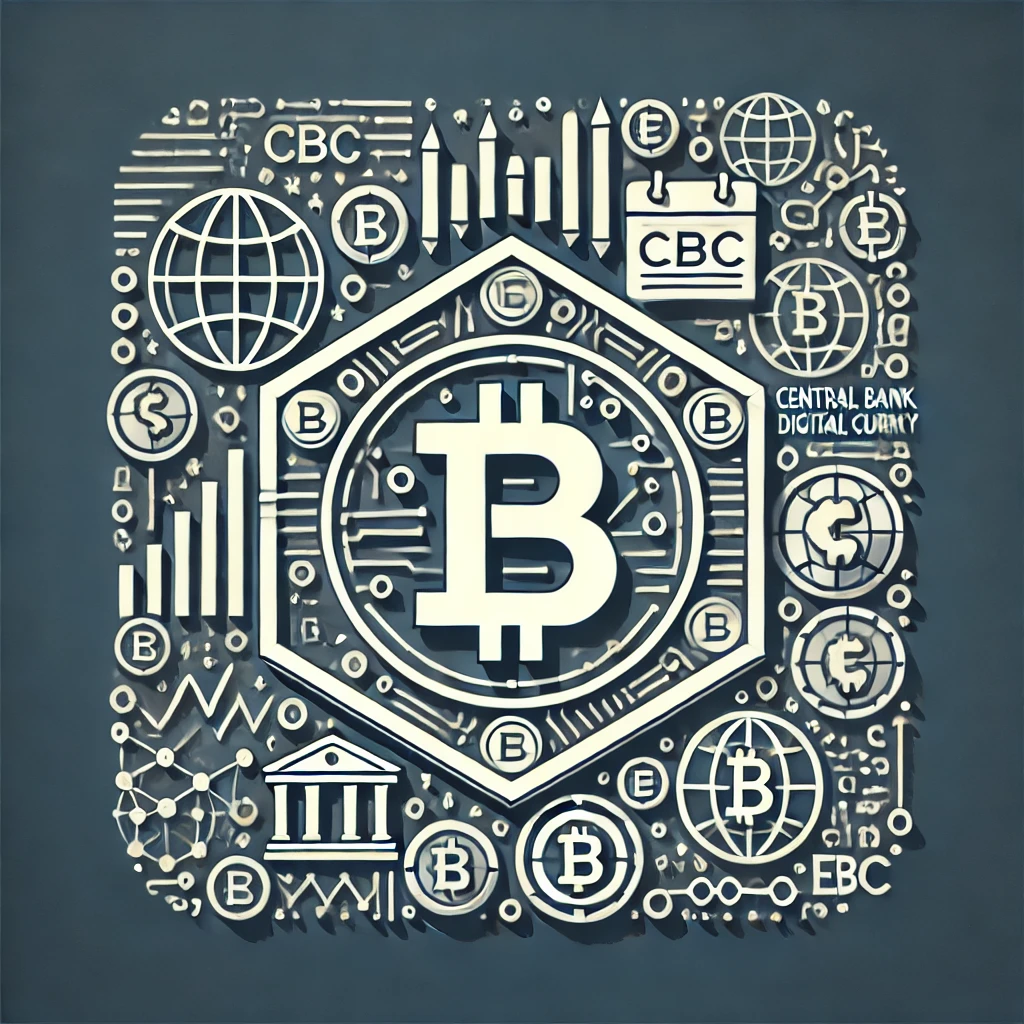Decentralized Finance, or DeFi, is a rapidly growing trend in the cryptocurrency world, offering a new way to access financial services without relying on traditional banks. By leveraging blockchain technology, DeFi platforms are creating a more transparent, accessible, and innovative financial system.
What is Decentralized Finance (DeFi)?
DeFi refers to financial services built on blockchain networks, particularly Ethereum. Unlike traditional finance, which relies on centralized institutions, DeFi operates through decentralized networks using smart contracts. These self-executing contracts enable trustless transactions, allowing users to interact directly without intermediaries.
Key Components of DeFi
1. Decentralized Exchanges (DEXs): DEXs like Uniswap enable users to trade cryptocurrencies directly with one another, eliminating the need for a central authority.
2. Lending and Borrowing Platforms: Platforms like Aave and Compound allow users to lend or borrow digital assets, earning or paying interest without involving a bank.
3. Stablecoins: Stablecoins are digital assets pegged to a stable asset, such as the US dollar, providing stability in the volatile crypto market.
4. Yield Farming and Staking: Yield farming allows users to earn rewards by providing liquidity to DeFi platforms, while staking involves holding cryptocurrencies to support network operations and earn returns.
Advantages of DeFi
– Global Accessibility: DeFi offers financial services to anyone with an internet connection, regardless of their location or socioeconomic status.
– Transparency: All DeFi transactions are recorded on a public blockchain, reducing the risk of fraud and increasing trust.
– Innovation and Flexibility: DeFi is driving financial innovation, offering new services that are more efficient and customizable than traditional options.
Challenges Facing DeFi
Security remains a major challenge in DeFi, as smart contracts can be vulnerable to bugs and hacks. Additionally, the lack of regulation in DeFi exposes users to significant risks, including the potential loss of funds.
The Future of DeFi
Despite its challenges, DeFi is poised for continued growth, with new projects and platforms emerging regularly. As technology improves, DeFi could fundamentally reshape the financial industry, making it more inclusive, transparent, and efficient.

